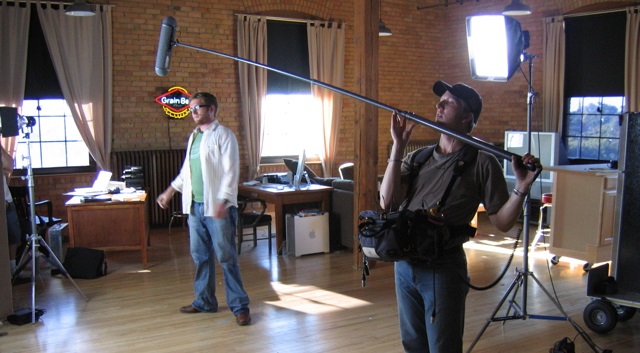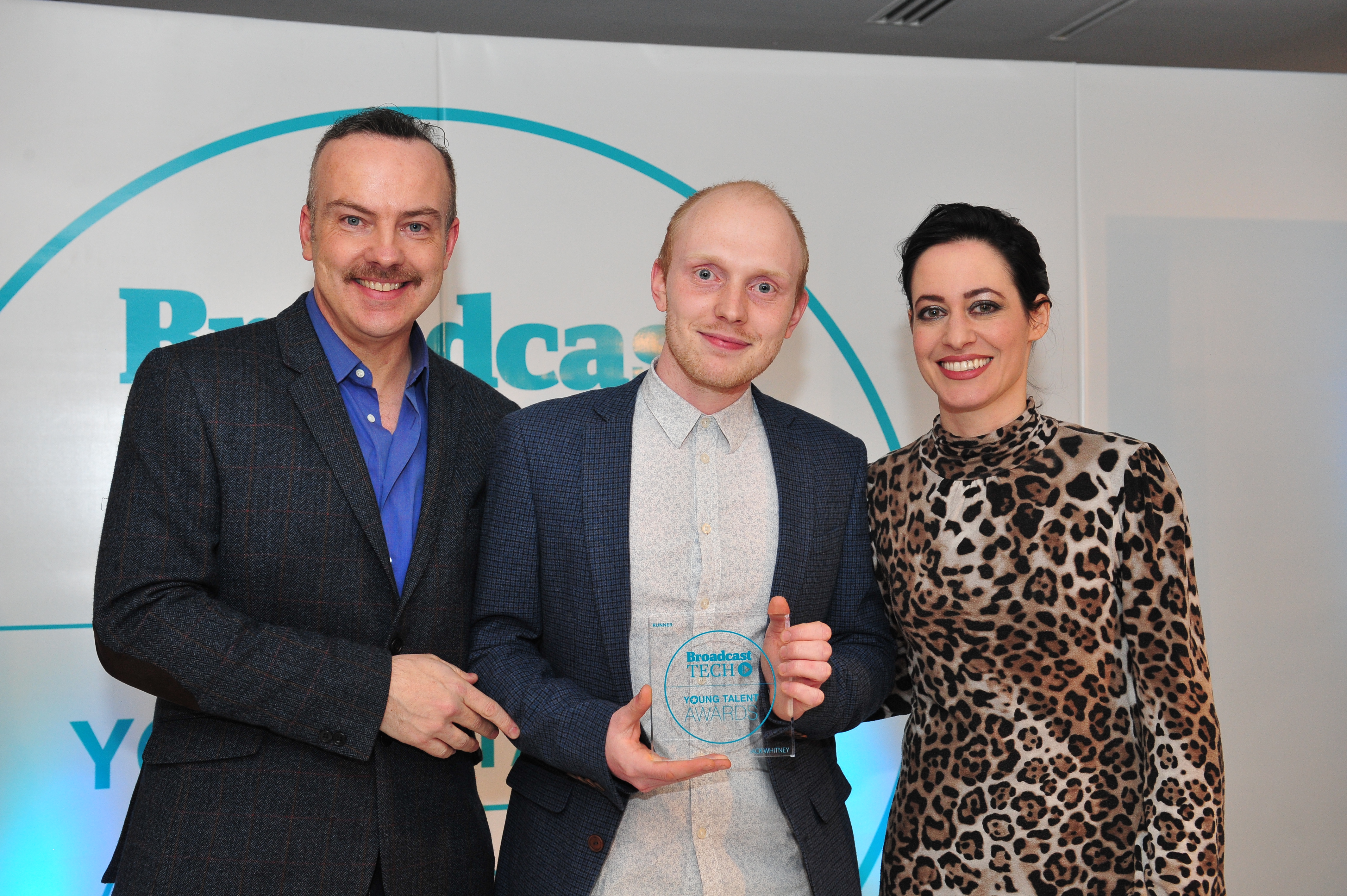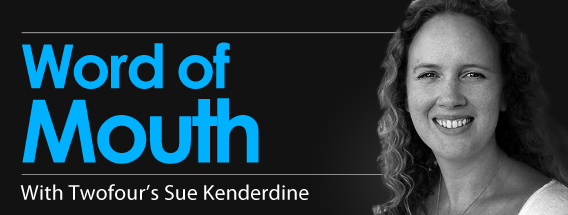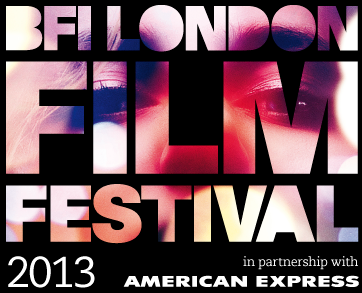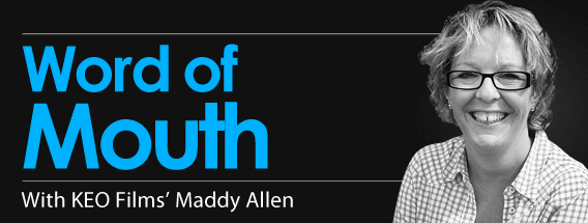
This week KEO Films’ Head of Production, Maddy Allen, discusses working across a number of platforms whilst juggling ever decreasing budgets.
How did you get into television?
It was a mixture of luck and determination. Although I had always wanted to work in television, I didn’t do any media courses (I studied German at university). I worked my way through a couple of corporate video companies and became corporate producer at a company that did both corporate and broadcast productions. Then I spent a couple of years learning the skills of production before I moved over to the broadcast side of TV.
As a Head of Production, I don’t necessarily look for people with a media education. I like to have production crew with a variety of backgrounds so whether you’re a media graduate, have spent time travelling or have been working in other industries, all experience is valuable. I’m far more interested in your innate skills and experience than what grades you’ve got on paper.
You have recently produced Skint and Bradford: City of Dreams. How have you seen the demand for factual entertainment television change in recent years?
Trends in broadcasting come and go and obviously how and when people watch TV is changing massively, but I believe that if it’s good TV people will watch it, whatever the genre.
Read More
